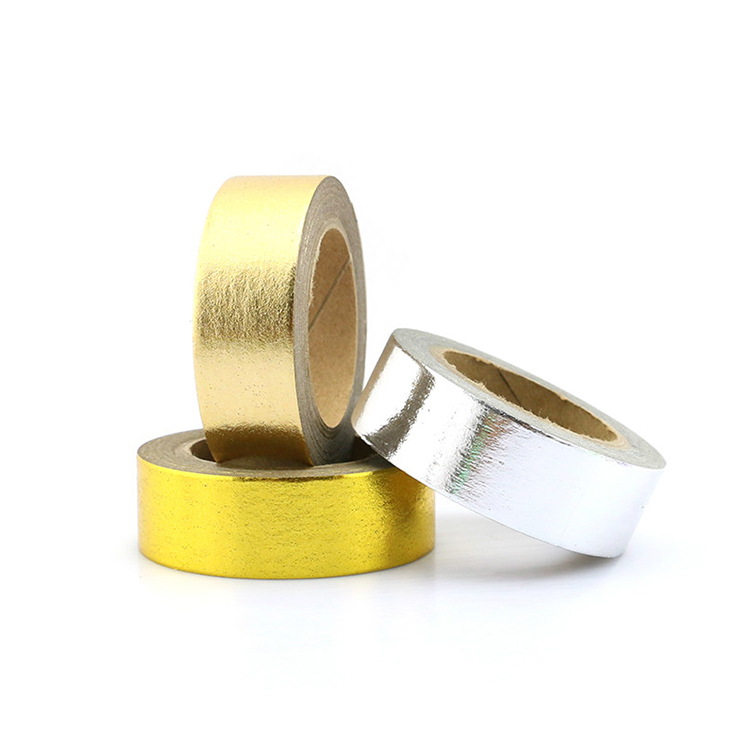
The company, known for its complete line of retail packaging products, has recently come under fire for its latest offering - tissue paper that looks like actual currency. This has led to concerns about the potential misuse of these printed tissues and has sparked a debate about ethical and legal implications.
{Judi Packaging} has built a reputation for offering the latest and most successful trends in retail packaging, with a focus on unique and customized products. However, this latest venture has raised eyebrows and drawn criticism from industry experts and consumers alike.
The concept of printed tissue paper that resembles money has certainly captured attention, but not everyone is amused. Some argue that it trivializes the value of real currency and could be misconstrued as counterfeit. There are also concerns about the potential for misuse, with fears that these printed tissues could be used in deceptive ways.
In response to the backlash, {Judi Packaging} has defended its product, stating that it is intended for novelty and decorative purposes only. They have emphasized that their printed tissue paper is not meant to be used as real currency and that they take the issue of counterfeiting very seriously.
Despite the company's reassurances, there is still a lingering unease about the implications of their printed tissue paper. As a result, regulatory bodies and industry watchdogs are closely monitoring the situation to ensure that there are no violations of laws or regulations.
This controversy has also sparked discussions about the boundaries of creativity and the responsibilities of businesses when it comes to creating products that could potentially be misunderstood or misused. It has prompted a wider conversation about the ethical considerations of marketing and selling items that resemble legal tender.
At the heart of this debate is the question of consumer perception and the potential impact of {Judi Packaging's} printed tissue paper on the public. While some may see it as a harmless and quirky novelty, others are concerned about the broader implications and the message it sends about the value of money.
In light of this controversy, {Judi Packaging} has announced that they will be reevaluating their product offerings and considering the feedback from consumers and industry experts. They have also committed to engaging in a dialogue with relevant authorities to ensure that their products adhere to all legal and ethical standards.
Moving forward, it remains to be seen how this situation will unfold and what the implications will be for {Judi Packaging} and the wider retail packaging industry. It has undoubtedly raised important questions about the intersection of creativity, commerce, and social responsibility.
As the debate continues, it is clear that the issue of printed tissue paper resembling currency is far from resolved. {Judi Packaging} and other companies in the retail packaging sector will need to carefully consider the potential impact of their products and take seriously the ethical considerations that come with creating items that resemble legal tender. Only time will tell what the ultimate outcome of this controversy will be, but one thing is certain – it has sparked a much-needed conversation about the boundaries of creativity and the responsibilities of businesses.
